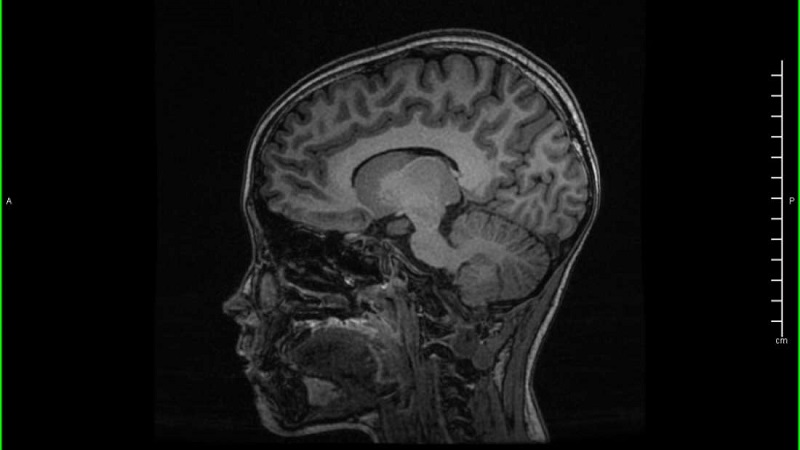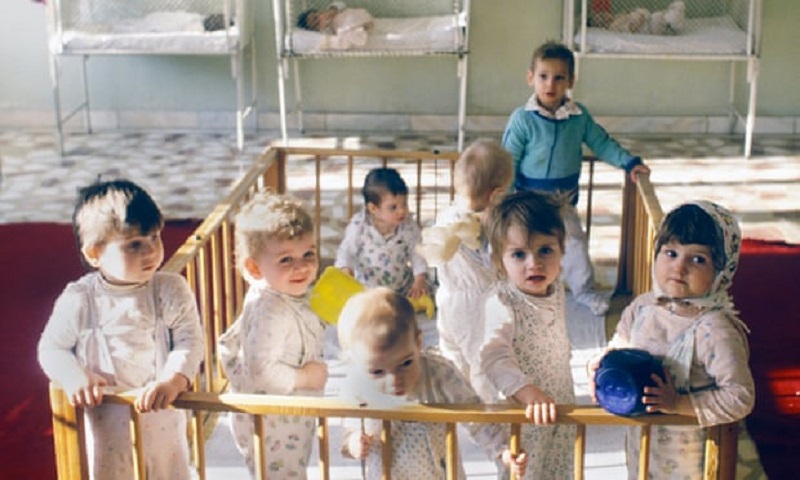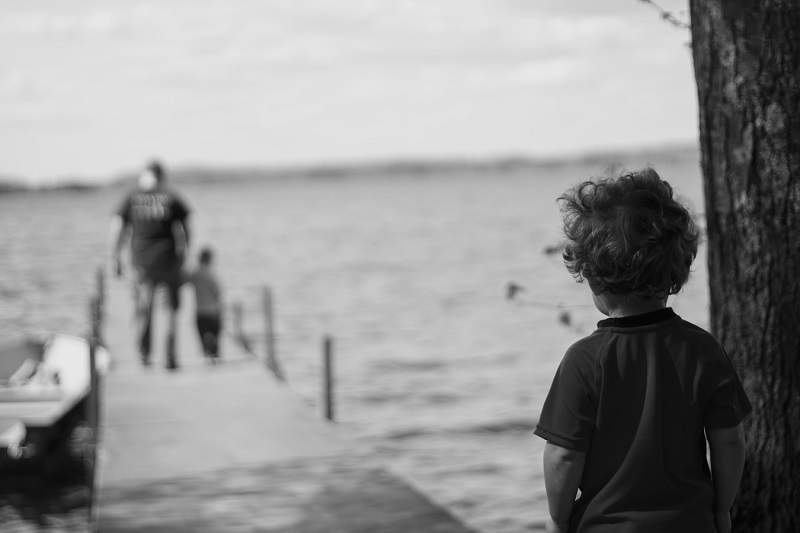Researchers have found out that severe deprivation during childhood leads to a smaller brain. The study is based on scans of adults who were adopted as children by UK families from Romania’s communist orphanages.
As you may know, under the communist rule of Nicolae Ceaușescu, thousands of orphans grew up in unbelievable conditions. Those poor little souls faced abuse, poverty and total disrespect in Romanian orphanages.
Romanian adoptees have a smaller brain

Although those children were adopted by other European families, their atrocious childhood left many scars. According to a new study, Romanian adoptees suffer from mental and physical disabilities and they have a reduced brain size.
By the same token, researchers suggest that it does not matter if the children were adopted by loving families. It seems their early carelessness has left its mark on their brain structures.
“I think the most striking finding is … that the effects on the brain have persisted,” said Prof Edmund Sonuga-Barke. He is the co-author of the study from King’s College London, who mentioned that the results showed the neuroplasticity’s limits.
“The idea that everything is recoverable, no matter what your experience … isn’t necessarily true. Even with the best care, you can still see those signs of that earlier adversity,” he added.
The miserable life of the orphans shocked everyone when it came to light after the fall of communism in 1989. Ceauşescu’s repressive rules had outlawed abortion and contraception, while those without children were taxed.
Adoptees had deficit hyperactivity disorder (ADHD), anxiety, and depression

For this reason, many children ended up in orphanages living in shocking conditions. Previous studies suggested that adoptees have had shown cognitive difficulties as children. Furthermore, they also had deficit hyperactivity disorder (ADHD) and, during adulthood, anxiety, and depression.
A long-running study called the English and Romanian Adoptee project wants to determine what are the consequences of childhood deprivation. This brave project compares Romanian orphans adopted by English families to English orphans adopted within England.
Researchers studied the brains of 67 adults between 23 and 28 years old who had suffered in the communist orphanages. The team compared them to brain scans of 21 English adoptees aged between 23 and 26 who never experienced deprivation.
Therefore, the team showed the Romanian adoptees had brains with 8.6 percent smaller than those of their English counterparts. It seems every month of deprivation led to an extra 0.27 percent reduction in brain volume.
Childhood deprivation: linked to disorder ADHD and a lower IQ

Definitely, researchers pointed out that the changes in brain size were linked to disorder ADHD and a lower IQ. So the deprivation can cause structural changes in the brain that provoke mental health issues.
Among further discoveries, the team found out two areas of the brain. They presented a further size difference compared with the English born adoptees. As has been noted, they did not vary with time spent in the orphanages.
Furthermore, the Romanian adoptees had smaller right inferior frontal gyri, linked to goal-directed behavior. At the same time, they had a larger right inferior temporal lobe, with a protective effect.
“Previous research has suggested the emergence and persistence of low IQ and a high level of ADHD symptoms. It involves structural changes in the brain but we have not been able to provide evidence of this.
“We must show these very profound effects of early deprivation on brain size. Then we’re showing that this difference is associated with low IQ and greater ADHD symptoms. It provides some of the most compelling evidence of the neurobiological basis of these problems following deprivation.”
This is what the first author Dr. Nuria Mackes of KCL said about the English and Romanian Adoptee projects in a statement.











































